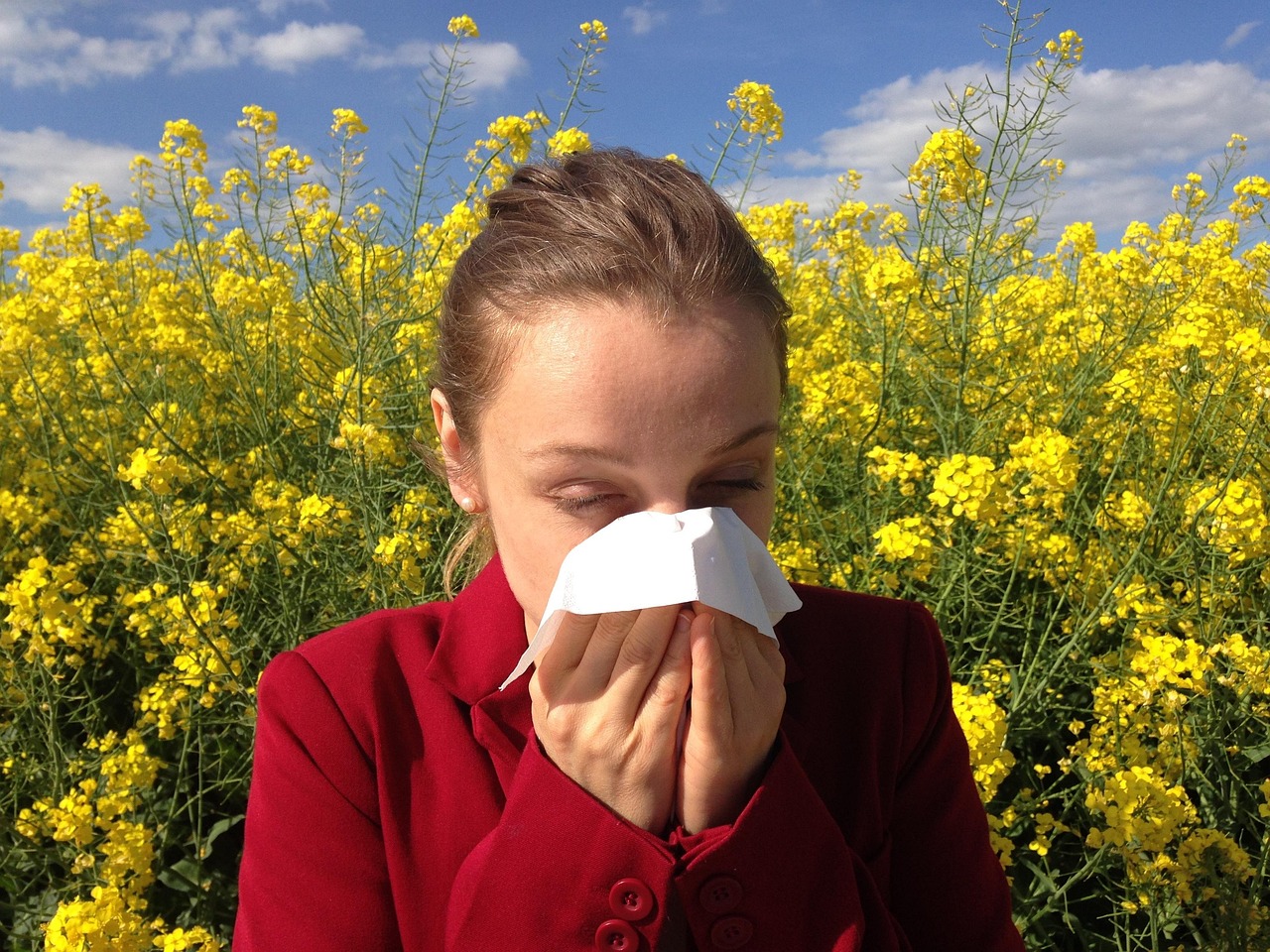
Can allergy immunotherapy actually reprogram your immune system—not just mask symptoms? Millions suffer from environmental and seasonal allergies. Antihistamines, nasal sprays, and avoidance offer only temporary relief. But allergy immunotherapy—through shots, drops, or tablets—promises to go deeper. By exposing the immune system to controlled doses of allergens, this therapy aims to build tolerance over time. The question is: can it truly retrain the immune system for long-term allergy relief—or even a cure?
How Allergy Immunotherapy Works
At its core, allergy immunotherapy is a form of desensitization. The immune system is repeatedly introduced to the very allergens that cause symptoms—such as pollen, dust mites, or pet dander—in ultra-low doses.
This gradual exposure leads to:
- Reduced production of IgE (the allergy antibody)
- Increased regulatory T-cell activity
- A shift from allergic (Th2) to non-allergic (Th1) immune responses
Over time, this re-education helps the immune system respond less aggressively—or not at all—to allergens.
The Different Forms of Allergy Immunotherapy
There are three primary delivery methods:
1. Subcutaneous Immunotherapy (SCIT) – Allergy Shots
- Given in a clinical setting
- Typically administered weekly, then monthly for maintenance
- Used for seasonal allergens, insect stings, and some environmental allergens
2. Sublingual Immunotherapy (SLIT) – Tablets or Drops
- Placed under the tongue daily at home
- Available for grass, ragweed, and dust mites
- FDA-approved tablets and custom-compounded drops
3. Intralymphatic Immunotherapy (ILIT) – Emerging Option
- Injected directly into lymph nodes
- Fewer doses required
- Still under research but shows promise for faster tolerance
Does It Actually Retrain the Immune System?
Clinical studies show that allergy immunotherapy can lead to lasting immune tolerance, even after treatment ends.
A landmark study in The Journal of Allergy and Clinical Immunology found that:
- After 3 years of immunotherapy, patients maintained tolerance for 2+ years post-treatment
- Some experienced a permanent reduction in symptoms
- Children treated early were less likely to develop asthma later on
This suggests real immune modulation, not just symptom control.
The Science Behind the Shift
Immunotherapy doesn’t just suppress symptoms—it changes how your immune system interprets allergens.
Key changes include:
- Reduction of histamine release during exposure
- Increased production of “blocking” antibodies (IgG4)
- Long-term T-cell tolerance, making allergic reactions less likely
Unlike antihistamines, which are reactive, immunotherapy is proactive—targeting the root cause at the immune level.
How Long Does It Take to Work?
Immunotherapy is not a quick fix. It requires patience and consistency:
- Most patients notice improvement within 6–12 months
- Optimal results typically require 3–5 years of treatment
- Benefits often persist long after stopping therapy
Adherence to the full course is crucial for long-term success.
Is Early Treatment Better?
Evidence suggests that starting immunotherapy in childhood may not only control allergies but also prevent the development of asthma or new allergies.
The concept of “immune tolerance training” during immune system development is gaining ground. Pediatric allergists increasingly recommend early intervention for at-risk children.
Who’s a Good Candidate for Allergy Immunotherapy?
Ideal candidates include:
- People with seasonal allergic rhinitis (hay fever)
- Those with dust mite, mold, or animal dander allergies
- Individuals who want to reduce reliance on daily medications
- Children with persistent allergies or family history of asthma
However, it’s not for everyone—especially those with severe asthma, autoimmune disease, or certain heart conditions. A board-certified allergist should evaluate candidacy.
Side Effects and Safety
Allergy immunotherapy is generally safe, but side effects can occur:
- Local reactions (redness, swelling at injection site)
- Itchy mouth or throat (with SLIT)
- Rarely, systemic allergic reactions or anaphylaxis (mostly with SCIT)
This is why SCIT is administered in a medical setting with observation.
Can It Replace All Allergy Meds?
While many patients reduce or eliminate daily allergy meds after successful immunotherapy, some may still need occasional support—especially during peak allergy seasons.
However, the overall burden of disease is usually much lower, with fewer flare-ups, doctor visits, and emergency interventions.
Immunotherapy and the Hygiene Hypothesis
Interestingly, allergy immunotherapy aligns with the hygiene hypothesis—the idea that overly sterile environments lead to poorly trained immune systems.
By reintroducing harmless allergens in a structured way, we essentially recreate a more “natural” immune environment. It’s like rewilding the immune system—teaching it what’s safe and what’s not.
Final Thoughts
Allergy immunotherapy isn’t just symptom relief—it’s immune system education. With long-term commitment, it may rewire immune pathways and offer durable, sometimes permanent, tolerance to allergens. As more people seek root-cause approaches over lifetime medications, immunotherapy offers a compelling, science-backed path toward true immune resilience.
FAQs
How is allergy immunotherapy different from antihistamines?
Unlike antihistamines that block symptoms temporarily, immunotherapy addresses the root cause by retraining the immune system to tolerate allergens.
How long does allergy immunotherapy take to work?
It typically starts showing benefits within 6 to 12 months, with full effects after 3 to 5 years of consistent treatment.
Is allergy immunotherapy safe for children?
Yes, it’s often recommended for children with persistent allergies and can help prevent asthma development if started early.
Can immunotherapy cure allergies?
While not always a complete cure, it often provides long-term or even permanent symptom relief for many patients.
What allergens can be treated with immunotherapy?
Common ones include pollen, mold, dust mites, pet dander, and insect stings. Food allergies are still being researched.
